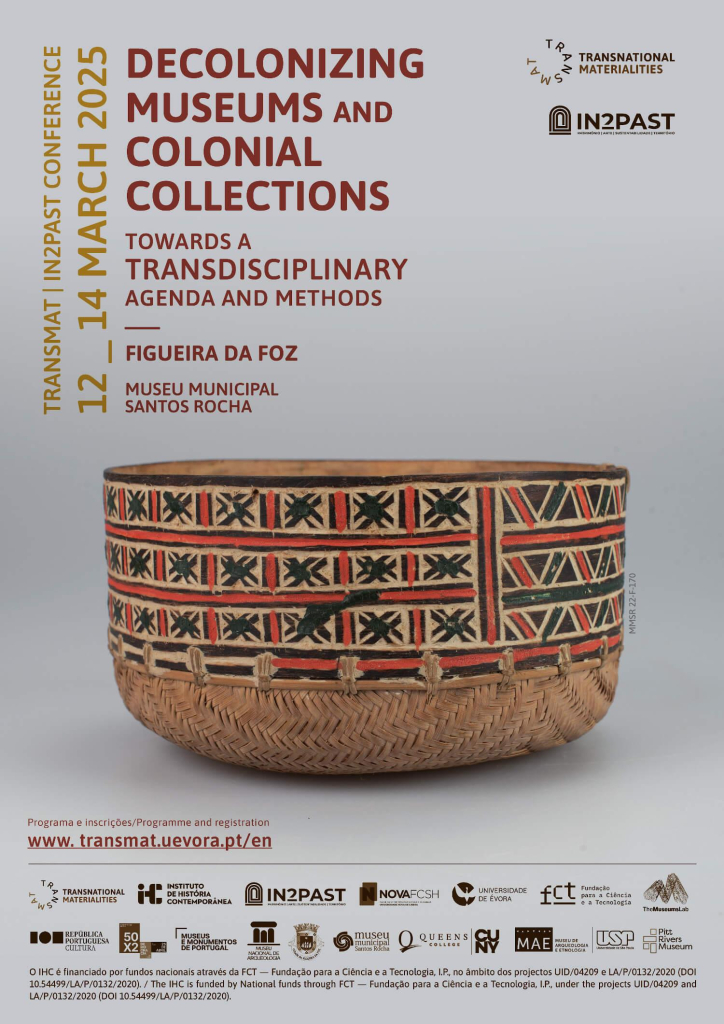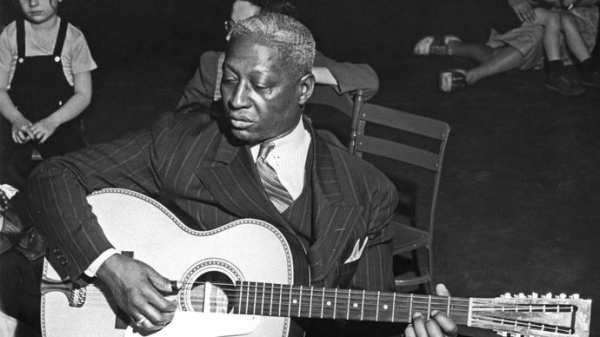Suche
Beiträge, die mit culturalappropriation getaggt sind
Registration is now open for the international conference ‘Decolonizing Museums and Colonial Collections. Towards a Transdisciplinary Agenda and Methods’, which will take place at the Santos Rocha Municipal Museum (Figueira da Foz) between 12 and 14 March.
ℹ️ https://ihc.fcsh.unl.pt/en/events/decolonizing-museums-colonial-collections/
@histodons
@museum
#Histodons #Museums #ColonialCollections #Restitution #PostColonialStudies #Colonialism #Interdisciplinarity #Decolonization #CulturalAppropriation #PublicHistory #ProvenanceResearch
ℹ️ https://ihc.fcsh.unl.pt/en/events/decolonizing-museums-colonial-collections/
@histodons
@museum
#Histodons #Museums #ColonialCollections #Restitution #PostColonialStudies #Colonialism #Interdisciplinarity #Decolonization #CulturalAppropriation #PublicHistory #ProvenanceResearch
Decolonizing Museums and Colonial Collections | International Conference
Transdisciplinarity as a vital tool and framework for reimagining museums and their colonial collections from an inclusive and decolonial perspective.Instituto de História Contemporânea
In honor of Black History Month…
“Woke” is an appropriated term that has become a colloquialism loosely meaning “having a moral compass” in the face of systemic oppression. Its original usage was “stay woke,” unintentionally coined by blues musician Lead Belly.
In a 1938 he was recording his song “Scottsboro Boys,” ending it with spoken word about the song’s meaning.
🧵1/3
#BlackHistoryMonth #Woke #LeadBelly #Music #History #CulturalAppropriation
“Woke” is an appropriated term that has become a colloquialism loosely meaning “having a moral compass” in the face of systemic oppression. Its original usage was “stay woke,” unintentionally coined by blues musician Lead Belly.
In a 1938 he was recording his song “Scottsboro Boys,” ending it with spoken word about the song’s meaning.
🧵1/3
#BlackHistoryMonth #Woke #LeadBelly #Music #History #CulturalAppropriation


